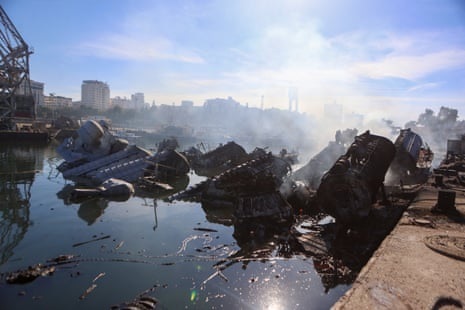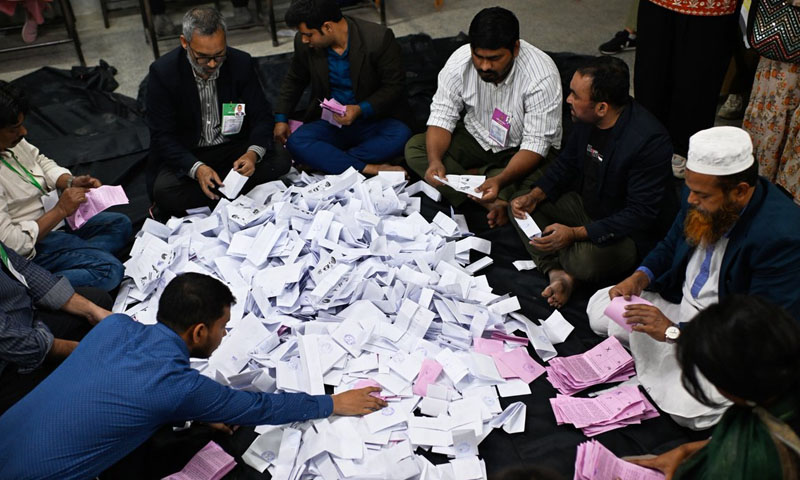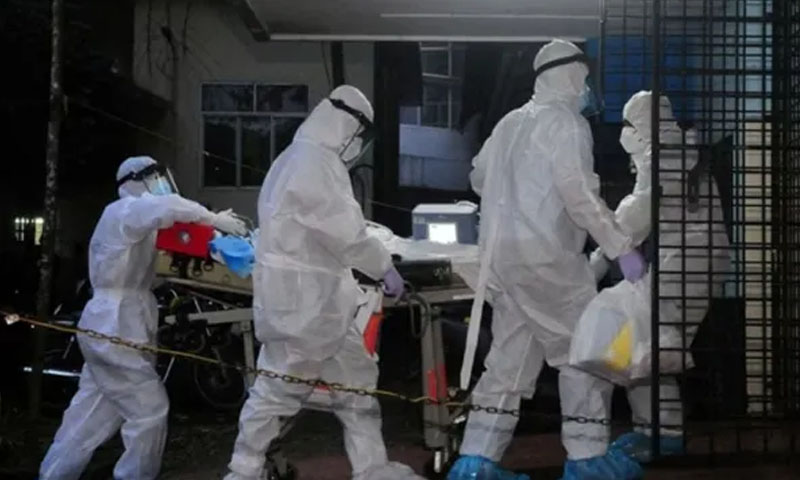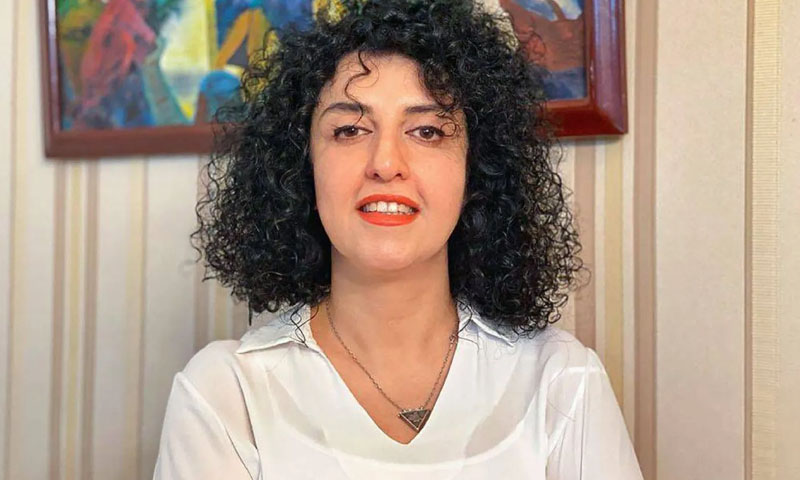- Web Desk
- Today
Israel says its air strikes destroyed most of Syria’s strategic weapons stockpiles

JERUSALEM/DAMASCUS: Israel aims to impose a “sterile defence zone” in southern Syria that would be enforced without a permanent troop presence, Defence Minister Israel Katz said on Tuesday, as the military said a wave of air strikes had destroyed the bulk of Syria’s strategic weapons stockpiles.
Over the past 48 hours, following the collapse of the government of President Bashar al-Assad, the military said jets had conducted more than 350 strikes on targets including anti-aircraft batteries, military airfields, weapons production sites, combat aircraft and missiles.
Read more: Syria’s Assad, his family in Moscow after Russia granted them asylum
In addition, missile vessels struck the Syrian naval facilities of Al-Bayda port and Latakia port, where 15 Syrian naval vessels were docked.
Israel officials said the strikes across its neighbour were aimed at destroying Syria’s strategic weapons and military infrastructure to prevent them being used by rebel groups that drove Assad from power, some of which grew from movements linked to al Qaeda and Islamic State.
“We have no intention of interfering in Syria’s internal affairs, but we clearly intend to do what is necessary to ensure our security,” Prime Minister Benjamin Netanyahu said.
“I authorised the air force to bomb strategic military capabilities left by the Syrian army, so that they would not fall into the hands of the jihadists.”
Following Assad’s flight on Sunday, Israeli troops moved into the demilitarised zone inside Syria created after the 1973 Arab-Israeli war, including the Syrian side of the strategic Mount Hermon that overlooks Damascus, where it took over an abandoned Syrian military post.
A military spokesperson said Israeli troops remained in the buffer zone as well as “a few additional points” in the vicinity.
But he denied that forces had penetrated Syrian territory significantly beyond the area, after a Syrian source said they had reached the town of Qatana, several km to the east of the zone and just a short drive from Damascus airport.
“IDF forces are not advancing towards Damascus. This is not something we are doing or pursuing in any way,” Lieutenant Colonel Nadav Shoshani, the military spokesperson, told a briefing with reporters.
Israel, which has just agreed to a ceasefire in Lebanon following weeks of fighting the Iranian-backed Hezbollah movement, calls the incursion into Syrian territory a limited and temporary measure to ensure border security.
But the scale of the Israeli strikes echoed a similar wave of attacks in southern Lebanon in September that destroyed a significant quantity of Hezbollah’s missile stocks.
According to the Israeli military the strikes hit most of the strategic weapons stockpiles in Syria as well as production sites in the cities of Damascus, Homs, Tartus, Latakia and Palmyra. Scud and cruise missiles as well as sea-to-sea missiles, drones, launchers and firing positions were destroyed, it said in a statement.
Strikes against military airfields and bases also destroyed Syrian military attack helicopters, fighter jets and tanks.
Israel welcomed the fall of Assad, an ally of its main enemy Iran, but has reacted cautiously to the leading rebel faction, Hayat Tahrir al-Sham. HTS has roots in religious movements including al Qaeda and ISIS though it has sought for years to moderate its image.
Katz gave no details of the “sterile defence zone” Israel aims to impose in southern Syria but the extent of the operation underlined the power of its air force.
Read more: Satellite imagery shows Russian navy ships anchored off Syrian coast
“We want relations with the new regime in Syria,” Netanyahu said but added that if Iranian weapons were transferred through Syria to Hezbollah or if Israel were attacked “we will respond forcefully and we will exact a heavy price”.





